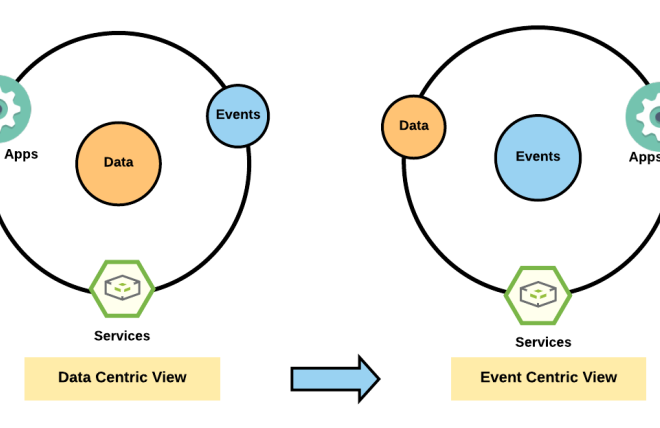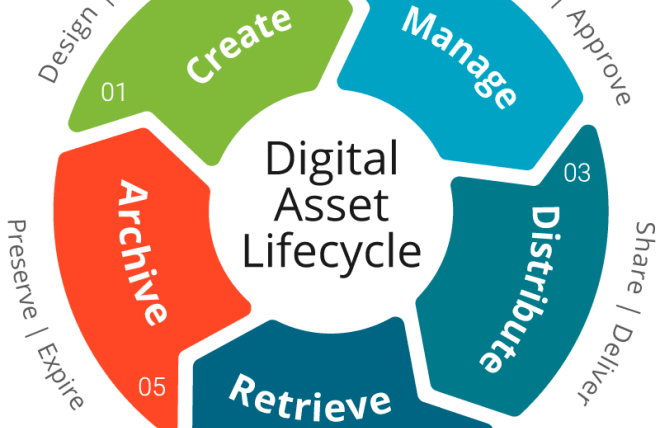An iPaaS (Integration Platform as a Service) is a valuable solution for several reasons:
1. Seamless Integration: iPaaS enables seamless integration of various applications, systems, and data sources across an organization. It provides pre-built connectors and APIs (Application Programming Interfaces) that facilitate the exchange of data and functionality between different applications, whether they are on-premises or cloud-based. This integration simplifies workflows, eliminates data silos, and improves overall operational efficiency.
2. Time and Cost Savings: iPaaS reduces the time and cost involved in developing and maintaining custom integration solutions. Instead of building integrations from scratch, iPaaS offers a visual interface and drag-and-drop tools that allow non-technical users to create and manage integrations easily. This saves development resources, speeds up implementation, and reduces the need for extensive coding or specialized IT skills.
3. Scalability and Flexibility: iPaaS solutions are designed to be scalable and flexible, allowing organizations to adapt to changing business needs. As businesses grow and evolve, iPaaS can accommodate the addition of new applications, data sources, and workflows without significant disruptions. It provides a centralized platform for managing integrations and enables organizations to scale their operations efficiently.
4. Enhanced Collaboration: iPaaS promotes collaboration between different teams and departments within an organization. It enables data sharing, real-time updates, and visibility across applications and systems, fostering collaboration and improving decision-making processes. Teams can access and work with integrated data, resulting in better coordination and alignment across the organization.
5. Improved Data Quality and Consistency: iPaaS ensures data consistency and accuracy across integrated systems. By automating data synchronization and validation processes, iPaaS minimizes errors, duplicates, and inconsistencies that can arise from manual data entry or data transfer between systems. This leads to improved data quality, better reporting, and more reliable insights for decision-making.
6. Agility and Innovation: iPaaS empowers organizations to adopt new technologies and innovate more rapidly. It enables the integration of emerging technologies such as artificial intelligence, machine learning, and IoT (Internet of Things) devices, allowing businesses to leverage these technologies for enhanced productivity, customer experience, and competitive advantage.
Overall, iPaaS provides a robust and efficient solution for integrating applications, systems, and data, enabling organizations to streamline their operations, drive efficiency, and accelerate digital transformation initiatives.





